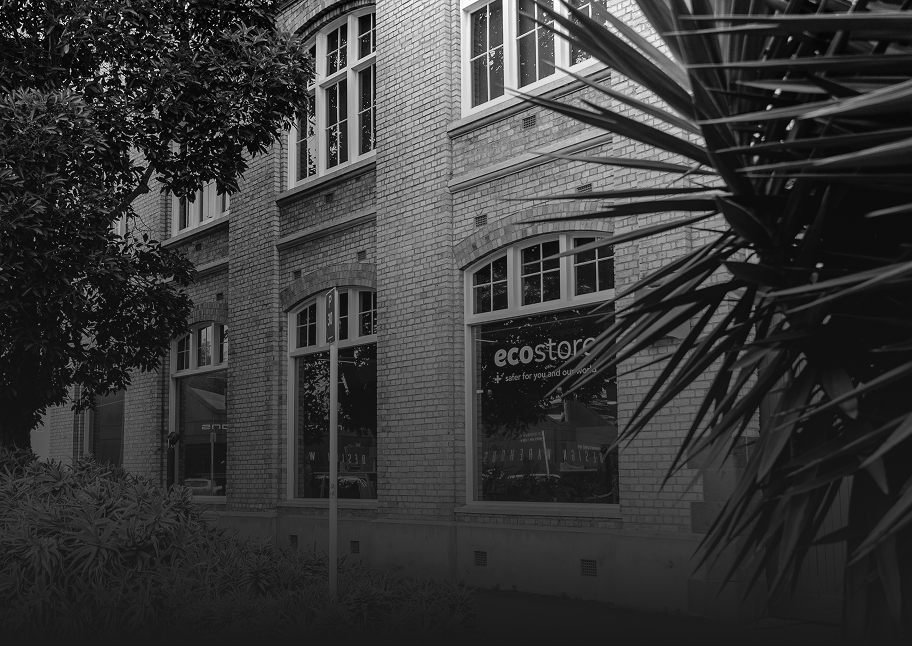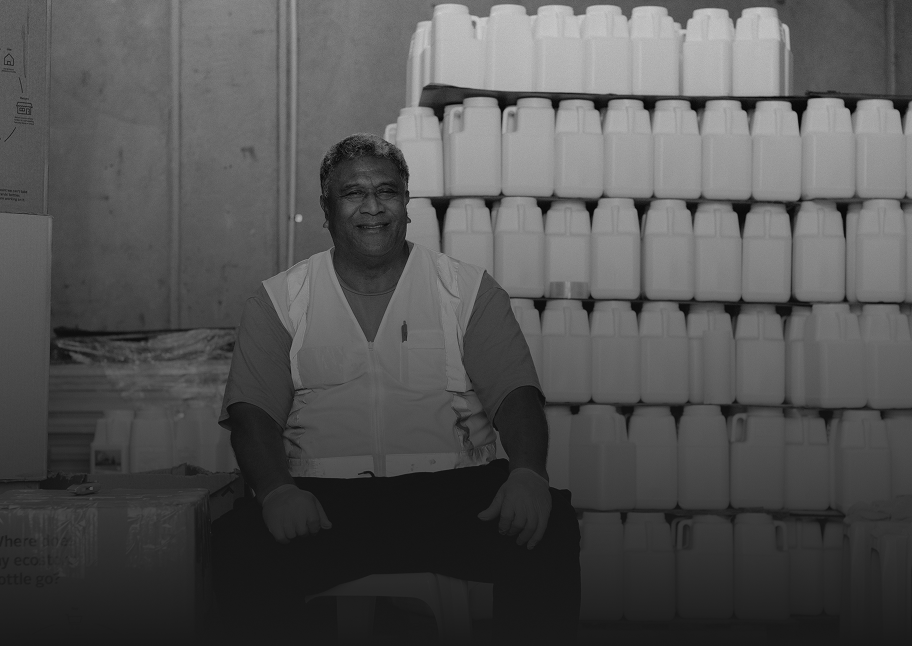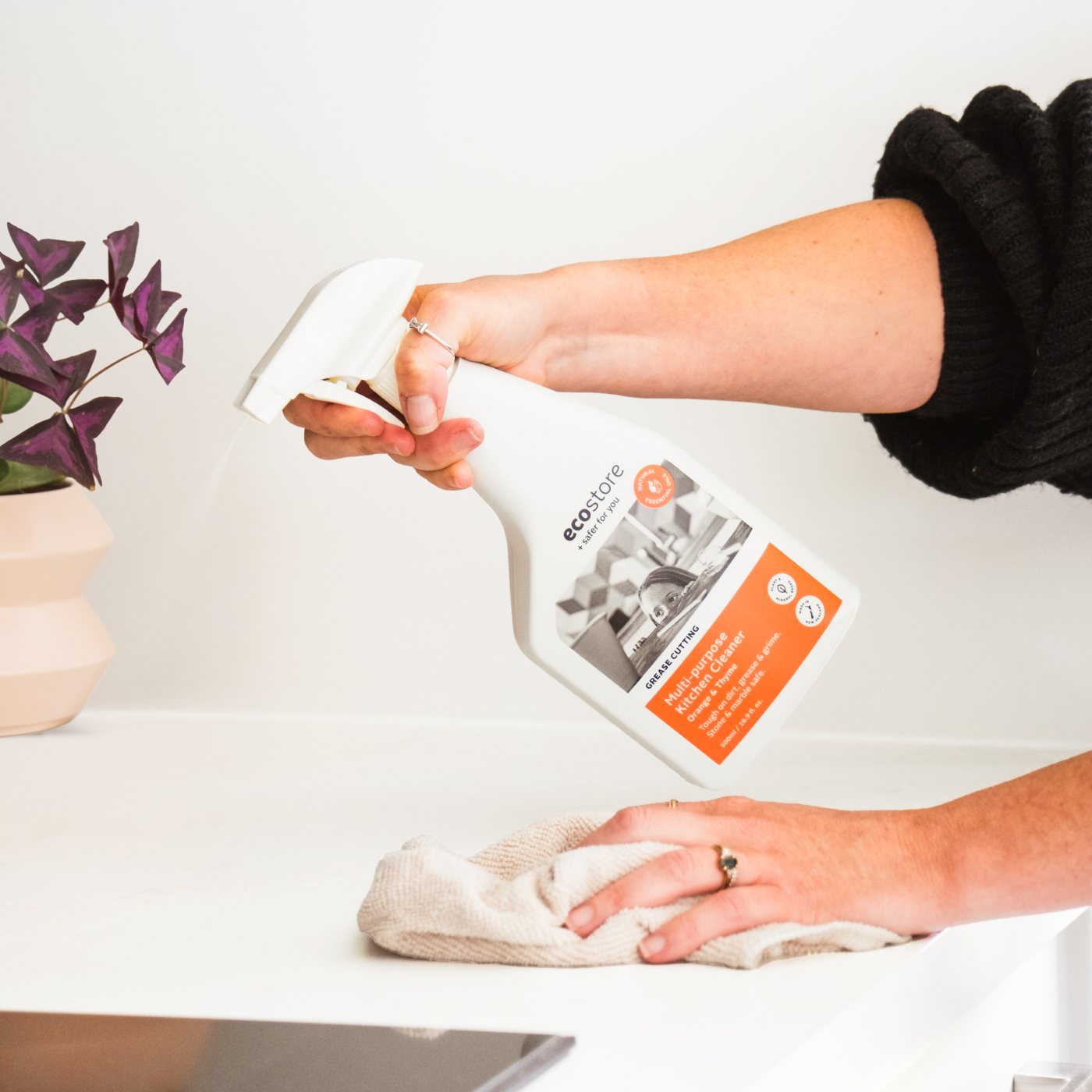Down here in the Antipodes, the effects of the COVID-19 pandemic have been somewhat mitigated. While there’s still been a huge impact on lives and livelihoods in Australia and New Zealand, as island nations, we’ve been able to avoid some of the devastation the disease has caused overseas. But it’s also left us to navigate a lot of uncertainty.
Now, a few months on, we’ve experienced what happens when the tight lockdown laws have to loosen and things flare up. And while we aren’t dealing with anything like the devastation in the US, much of Europe, the U.K and Asia; no one, no country exists in a vacuum.
Life as we know it is completely different right now, and probably forever. We keep talking about ‘a new normal’ and this new normal has a very unstable foundation. We’re functioning in a world that looks mostly the same, but when it comes to forecasting, planning or looking ahead, many things aren’t as certain as they seemed before.
Uncertainty is hard for the human nervous system. Our brain doesn’t like the unknown - it sets our animal instincts on edge. We get vigilant, hyper-alert. For many of us, the first stages of this pandemic kicked us into a task-oriented overdrive. Some of us thrive in circumstances like this - especially the high-achievers, the problem solvers. This is survival; humans have evolved to adapt and to creatively find solutions and move forwards. However, this instinct, this survival mechanism, isn’t designed to last months, or even years. The adrenaline and cortisol-fuelled fight or flight state is supposed to be a short-term mechanism.
Long-term, it creates problems. The future tripping and the wondering ‘what if’ hangs over us, a constant companion in the periphery. We’re living in a grey area, a blurry limbic state and as it continues, the effects are bubbling to the surface of the human psyche. Many articles are being written about the phenomenon of ‘surge capacity’. To simplify, it’s what happens when we reach a threshold of being able to properly function in this adaptive fight or flight state.
“Surge capacity is a collection of adaptive systems — mental and physical — that humans draw on for short-term survival in acutely stressful situations, such as natural disasters. But natural disasters occur over a short period, even if recovery is long. Pandemics are different — the disaster itself stretches out indefinitely.” Tara Haelle
Many of us may feel like we’re ok, that we’re ‘fine, fine, everything’s fine’. It might be that our situation isn’t ‘as bad as others’ and in comparing ourselves to others we might inadvertently undermine our own experience and emotions. Comparison is always futile as we all respond to life in a myriad of ways. What is stressful to one, may be a walk in the park for another. It’s all dependent on genetics, lived-experience, environment, social, financial and biological factors, many of which are unknown or unconscious.
But one thing is certain, no (wo)man is an island. Humans exist in a community, and are naturally intuitive and empathetic (harder to believe of some) and we feel acutely what is happening around us. Even just watching the news or reading the newspaper can trigger a nervous system response and these are universally and chronically difficult times.
“The emotion of fear often works overtime. Even when there is no immediate threat, our body may remain tight and on guard, our mind narrowed to focus on what might go wrong. When this happens, fear is no longer functioning to secure our survival. We are caught in the trance of fear and our moment-to-moment experience becomes bound in reactivity. We spend our time and energy defending our life rather than living it fully.” Tara Brach, Radical Acceptance: Embracing Your Life With the Heart of a Buddha
These days, everyday activities like going to the supermarket, being in large crowds, and navigating public transport now have an element of uncertainty, even danger. Most of this danger isn't an actual physical threat; the likelihood of contracting the virus is relatively small, but the mind will tell us otherwise. Our animal brain’s priority is survival. In the background of your consciousness, there might be an almost perpetual assessment, as your nervous system tries its best to keep you safe.
Perhaps you’re feeling overwhelmed, tired, perhaps a little (or a lot more) irritable. If you can’t concentrate or are finding you’re indecisive and having trouble focusing, these are all signals your nervous system needs some support. You’re not alone, nor is there anything wrong with you - much of the world is experiencing the same. What’s happening is you’re having a normal response to an abnormal situation.
In some ways, a massive shake-up of how we do things can be a fantastic way to start to become aware of where our lives aren’t serving us, and gain some perspective on what is important. We are often forced to view things differently and realise that the things we thought were certain and stable are not as permanent as we believed or were told. We can use this time to learn new tools and take better care of ourselves.
Here are some things I find helpful when navigating times of uncertainty:
Slow down
This is the foundation upon which we rebuild and restrengthen ourselves. This is everything. We can’t discern or properly prioritise when we’re rushing through life in a constant state of reactivity. Slow down so you have a better chance of integrating some of the below.
Radical Acceptance
In the spiritual tradition of Buddhism, Buddha taught that one of the main reasons we suffer as humans is because we fight reality. We want things to be different than the way they are. This desire to go back to ‘normal’ or for life to be playing out differently than it is, is an intense source of suffering. Why? Because in wanting things to be different we’re denying the truth of what is actually happening. Radical acceptance isn’t approving of something or trying to force ourselves to be ok, but in fact just acknowledging the truth of the situation.
Be of service to others
A growing body of research shows that giving, volunteering or donating has a positive impact on your physical and mental health and can contribute to a longer life. Not only that, it takes us out of ourselves and the myopic world of ‘I’ and generates social connection and cooperation. It can be incredibly hard when we’re in survival mode to think of others or even outside of our family unit, but in times like these it is essential.
Take care of yourself
This is broad because we all have different needs. Have you stopped and checked in with yourself recently? How are you feeling? Listen and your body will tell you. How do you relax? How do you recalibrate? If it’s in front of TV or staring at your phone, then it doesn’t count. Caffeine and alcohol play havoc with our bodies and minds, so when we’re already hyper-vigilant and strung out, overdoing either of these is a terrible idea. We need to eat well, exercise and stay hydrated. We must make quality sleep a priority. Self-care doesn’t have to be expensive, and in these times it’s a really good idea to find things that are free, and will be available to you if the world stops again...
Consume mindfully
This ties into the above but needs special mention. We all know that what we eat and drink affects our physical and mental health. We need to limit anything that will make it worse. But what are you watching, reading, listening to? For our bodies and minds to relax we need space, we need stillness, we need total de-stimulation. Our minds need to wander and daydream. In the yogic tradition, we follow a set of guidelines that help us make decisions in our lives.
Appreciate the little things
It’s a cliche, but it’s a fundamental truth that if you appreciate what you have, then you need less. I’m talking about the tiny things, the parts of your life that you take for granted. This is a powerful foundation upon which to dive deeper into gratitude for the small subtleties that create the richness of our lives – things that these days, with our heads buried in our phones, we miss. One of my favourite teachers and authors, Pema Chödrön wrote a book many years ago called When Things Fall Apart and it couldn’t be more appropriate for what we’re experiencing worldwide.
Perhaps, if we all use this time as an opportunity, to slow down, to practice radical acceptance, to reconnect and examine how we’re living our lives, there might be a shift that makes a huge difference.
-----
Claire Robbie teaches awareness-based meditation to people with busy, full lives so that they can be the best version of themselves. Connect with Claire on instagram or her website.
Read more

I hate the glorification of busyness. There’s nothing admirable about how far you can run yourself down before something has to give – but the reality is, most of us find ourselves juggling several...

These Socca Bread Pizzas are surprisingly light and super easy to make. It’s the gluten free chickpea flour and fermentation with coconut yoghurt or apple cider vinegar which makes all the differen...






